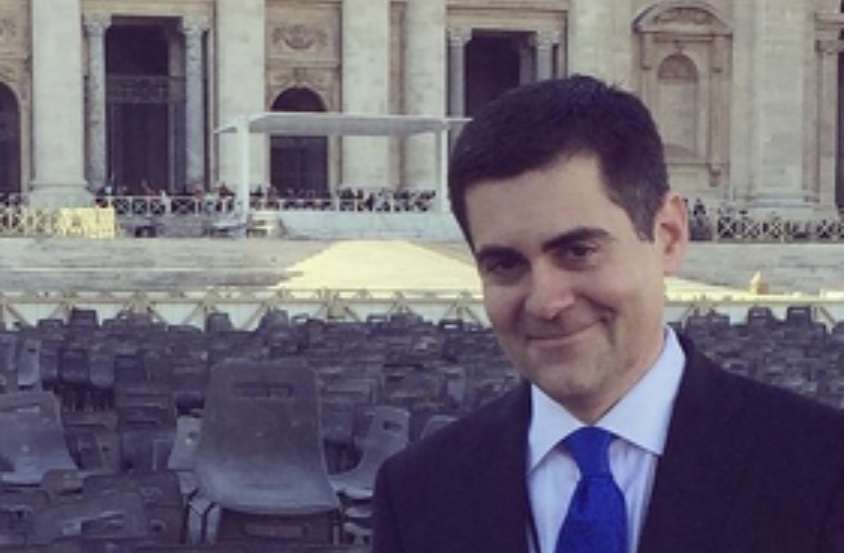[Leah MarieAnn Klett | The Christian Post] At some point, every church and ministry will deal with a transgender individual or issues surrounding transgenderism. Thus, Christians need to understand the “larger question” behind the transgender debate, said leading Southern Baptist ethicist Russell Moore.
Moore recently shared what every Christian should know about transgenderism — and why he believes culturally stereotypical views of masculinity and femininity fuel the transgender movement.
“I wish that everyone understood what really is going on here, which is a larger question of whether or not God has put creational limits on us, and whether God is Lord over our biological creativeness, and whether or not God has created us as a unity of self and body,” he said. “I think that’s an important question that goes far deeper than just the transgender question.”
But Moore, president of the Southern Baptist Convention’s Ethics & Religious Liberty Commission, also highlighted the importance of understanding and empathizing with transgender individuals “and to see them as all of us are fallen and broken” rather than “freaks.”
“Sometimes we’ll see people kind of dismissing those who have gender dysphoria as just to be ridiculed,” he lamented. “No, we’re on a mission with Christ. That means that the message of Christ is going to every person, which means we have to have churches that teach from the very beginning, the earliest points of childhood, what it means to be a man and what it means to be a woman in biblical terms, not in cultural stereotype.”
Many culturally stereotypical views of masculinity and femininity actually fuel the transgender movement, Moore warned. He explained that in previous years, a little girl who preferred four-wheeling over princesses and dolls would be considered “rough and tumble.”
But in today’s cultural environment, that same little girl may ask, “Does that mean I’m not a woman at all? Does that mean I’m something else?”
“We have a complex biblical view of what it needs to be a man and a woman, [and churches must] teach that,” he said.
Moore also encouraged church leaders to equip congregants to be able to patiently disciple and work with those who feel alienated from their genders.
“We’re all as fallen creatures alienated from our createdness at some point or other,” he explained. “Some people are alienated from, from their sense of, of being a man and a woman. We need men to patiently work with men who are experiencing that kind of dysphoria and women who are patiently able to work with women who are doing the same thing.”
“This isn’t an overnight situation,” he concluded. “This is, as with all of us, a long pattern of discipleship and sanctification.”
Last year, ERLC Senior Fellow Andrew Walker encouraged Christians not to abandon their children if they identify as LGBT.
“Do not abandon them. I do not know how this poisonous thinking infected evangelicalism, but in my role at the ERLC I’ve heard from parents who have a gay or lesbian or transgender child who think that because their child is identifying as one of those categories, it means they have to abandon them and banish them away,” said Walker at the ERLC’s annual national conference.
[Editor’s Note: This article was written by Leah MarieAnn Klett and originally published at The Christian Post. Title changed by P&P.]











